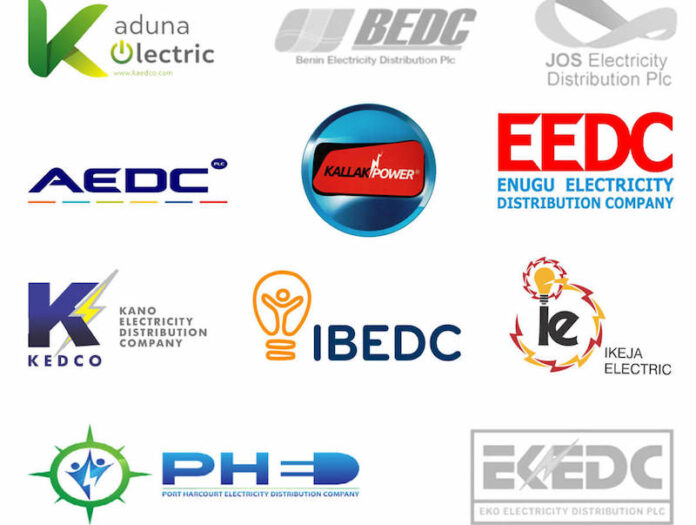Discos Raise Revenue by N42.4bn after 230% Hike in Tariff for Premium Customers
CHIGOZIE AMADI
Electricity Distribution Companies (Discos) in Nigeria made additional revenue of N42.4 billion after the Nigerian Electricity Regulatory Commission (NERC) approved a hike in tariff for Band ‘A’ customers on April 3, new data from the commission has shown.
A THISDAY analysis of NERC data showed that this was about 42.29 per cent increase compared to the previous month of March before the tariff increase was effected. The increment had seen a rise in tariff from less than N70 to N225 for kilowatt hour for the premium customers.
The NERC data indicated that in March, total revenue by the Discos was N100.44 billion, but rose considerably to N142.92 billion in April 2024 after the increase approved by NERC.
The power industry regulator had said that the Band ‘A’ customers which account for about 15 per cent of the 12 million electricity consumers in the nation, that is about 2 million Nigerians, were impacted by the increase in price that Nigerians pay per kilowatt.
It stated that 800 feeders were categorised as Band A at the time, stressing that upon review of the feeders’ performance, the commission had reduced it to under 500.
According to the latest NERC data, there was also a marginal rise of 0.29 per cent in collection efficiency after a total of N178.72 billion billing were sent out by the 12 power distributors, while collection efficiency was 79.97 per cent, a rise of 0.61 per cent compared to the previous month.
During the month, total energy received by the Discos was 2,251.22Gwh while total energy billed was 1,843.08Gwh, leading to a total billing efficiency of 81.87 per cent, a 2.56 per cent increase compared to March.
NERC listed the top three revenue collectors as Ikeja Electric with N29.4 billion, Eko Disco with N24.93 billion and Abuja Disco with N22.92 billion.
The least performing Discos in terms of revenue aside the new Aba Disco, which had a collection efficiency of 73.12 per cent at (N1.41 billion), were Yola Disco (N1.10 billion), Kaduna (N5.01 billion) and Jos (N6.05 billion).
Also, revenue recovery performance was 55.82 per cent; a 12.12 per cent decrease put side by side the figures from March.
NERC recent stated that the newly approved electricity tariff was anticipated to cut down the subsidy for the fiscal year 2024 by approximately N1.14 trillion.
Vice Chairman of NERC, Mr. Musliu Oseni, said: ”With the newly approved tariffs, subsidies for the 2024 fiscal year are expected to reduce by about NGN1.14 trillion in furtherance of the federal government’s realignment of the subsidy regime while largely protecting vulnerable customers and fostering investments targeted at providing efficient service delivery in the Nigerian Electricity Supply Industry (NESI).
”The overarching objective of the commission in the consideration of the tariff application is the creation of a financially sustainable electricity market providing adequate and reliable power supply to drive the Nigerian economy.”
With the rise in collection, the Discos are expected to rake in more than the N3.2 trillion which they recorded between 2020 and 2023.
Historical data from the National Bureau of Statistics (NBS), recently showed that in 2020, the total revenue made by the Discos was N526.77 billion, while in 2021, it rose to N761.17 billion.
Similarly, in 2022, the power distributors raked in about N828 billion, more than rounding the figure off in the 12 months of 2023, with N1.1 trillion as revenue.
The Nigerian power sector also recorded a significant revenue boost in the first quarter of 2024, with the 12 Discos generating a total of N291.62 billion.
The figure represented a 17.91 per cent increase compared to the N247.33 billion recorded in the same period last year.
With the considerable rise in revenue, the Discos are expected to plough back part into building the much-needed investment in infrastructure.
The electricity distributors have in the past been accused of under-investing in infrastructure to boost power supply to over 200 million Nigerians, who currently depend more on self-generated power for their homes and businesses, instead of the national grid.
Some experts have opined that the Discos remain the weakest link in the electricity distribution value chain, with just a peak capacity to distribute 5,500mw at a time, while the Generation Companies (Gencos) can generate 13,000mw and the Transmission Company of Nigeria (TCN) has the capacity to wheel 8,000mw at any point.
But the Discos have also complained that they are not allowed by the government to collect cost-reflective tariffs, a development that has hobbled their ability to markedly raise investment in the sector.

























